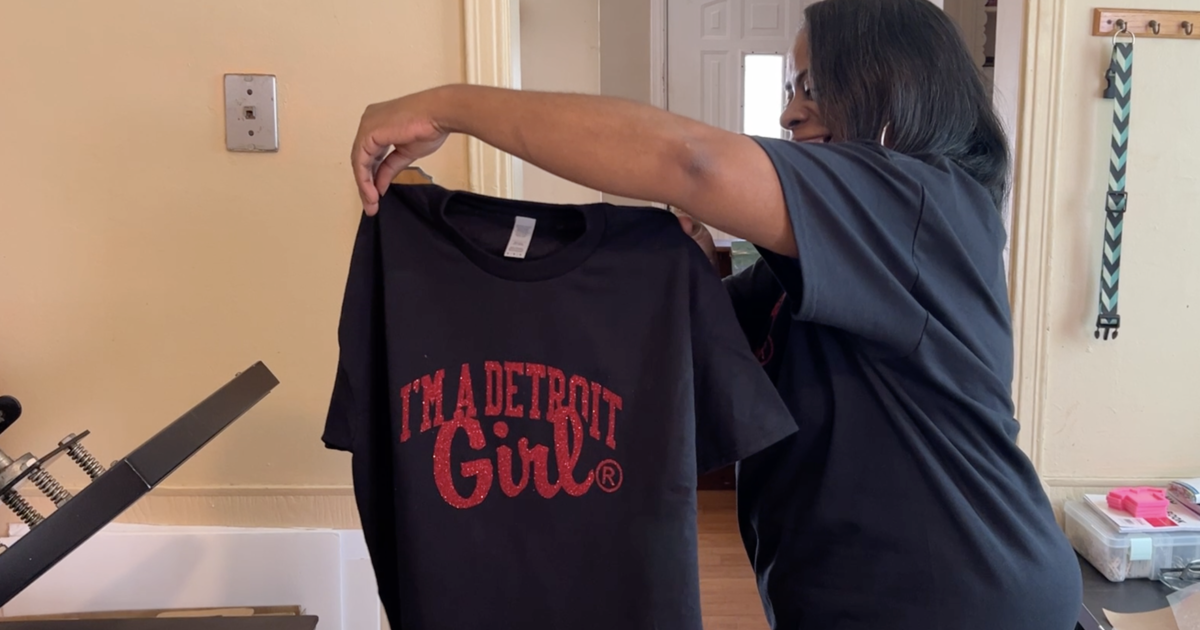Study: Is The Five-Second Rule Too Generous For Fallen Food?
NEW BRUNSWICK, N.J. (WWJ/AP) - It might be time to reconsider the time-honored "five-second rule" when thinking about eating food that has fallen on the floor.
Researchers at Rutgers University in New Jersey say in a new study that bacteria can contaminate food that falls on the floor instantaneously.
The findings were published this month in the American Society for Microbiology's journal.
Researcher Donald Schaffner said the five-second rule is a "significant oversimplification of what actually happens when bacteria transfer from a surface to food."
"We decided to look into this because the practice is so widespread. The topic might appear 'light' but we wanted our results backed by solid science," said Schaffner, who conducted research with Robyn Miranda, a graduate student in his laboratory at the School of Environmental and Biological Sciences, Rutgers University-New Brunswick.
Schaffner's research isn't the first to conclude that the favorite excuse for why that yummy snack that fell on the ground is still OK to eat is wrong.
The research did find that longer contact time means more bacterial transfer, but that the type of food and surface is just as, or more, important.
"The five-second rule is a significant oversimplification of what actually happens when bacteria transfer from a surface to food," Schaffner said. "Bacteria can contaminate instantaneously."
The Rutgers researchers tested watermelon, bread, bread and butter, and gummy candy on stainless steel, ceramic tile, wood and carpet.
They found that watermelon had the most contamination, and that transfer of bacteria is affected most by moisture.
"Transfer of bacteria from surfaces to food appears to be affected most by moisture," Schaffner said. "Bacteria don't have legs, they move with the moisture, and the wetter the food, the higher the risk of transfer. Also, longer food contact times usually result in the transfer of more bacteria from each surface to food."
[Read more on the study here].
TM and © Copyright 2016 CBS Radio Inc. and its relevant subsidiaries. CBS RADIO and EYE Logo TM and Copyright 2016 CBS Broadcasting Inc. Used under license. All Rights Reserved. This material may not be published, broadcast, rewritten, or redistributed. The Associated Press contributed to this report.



